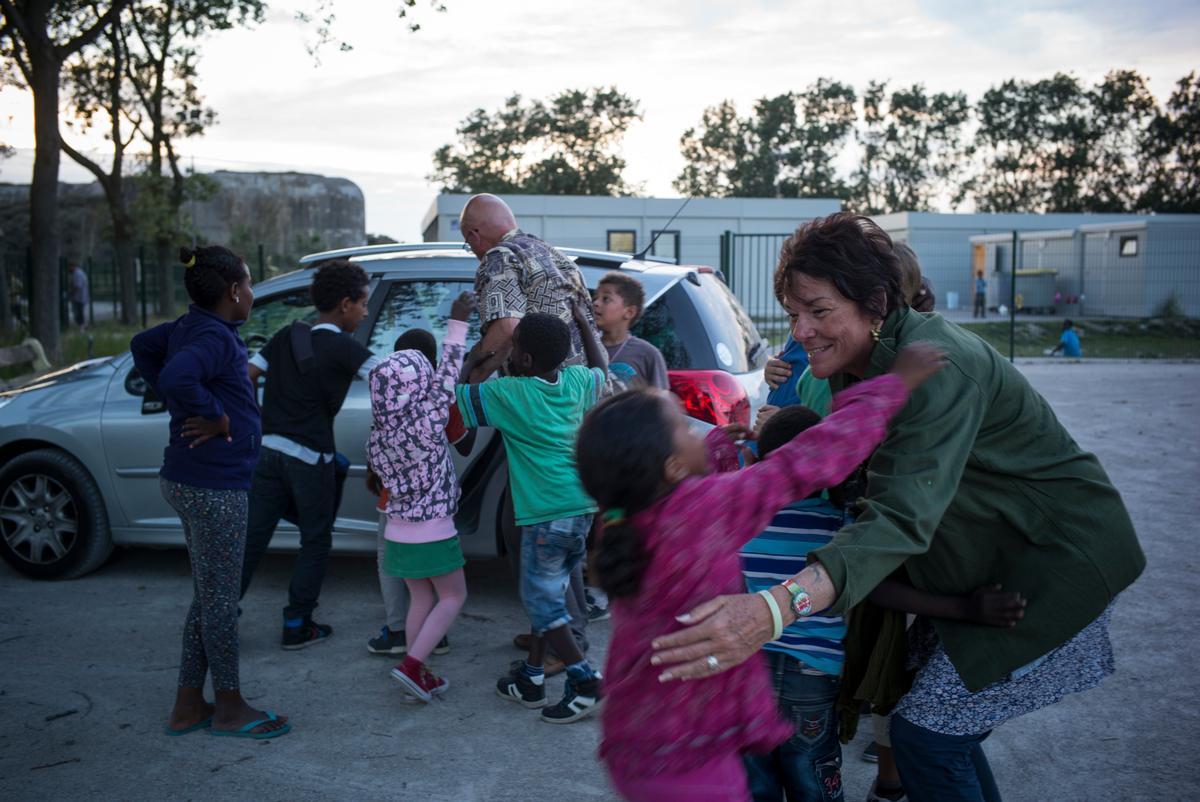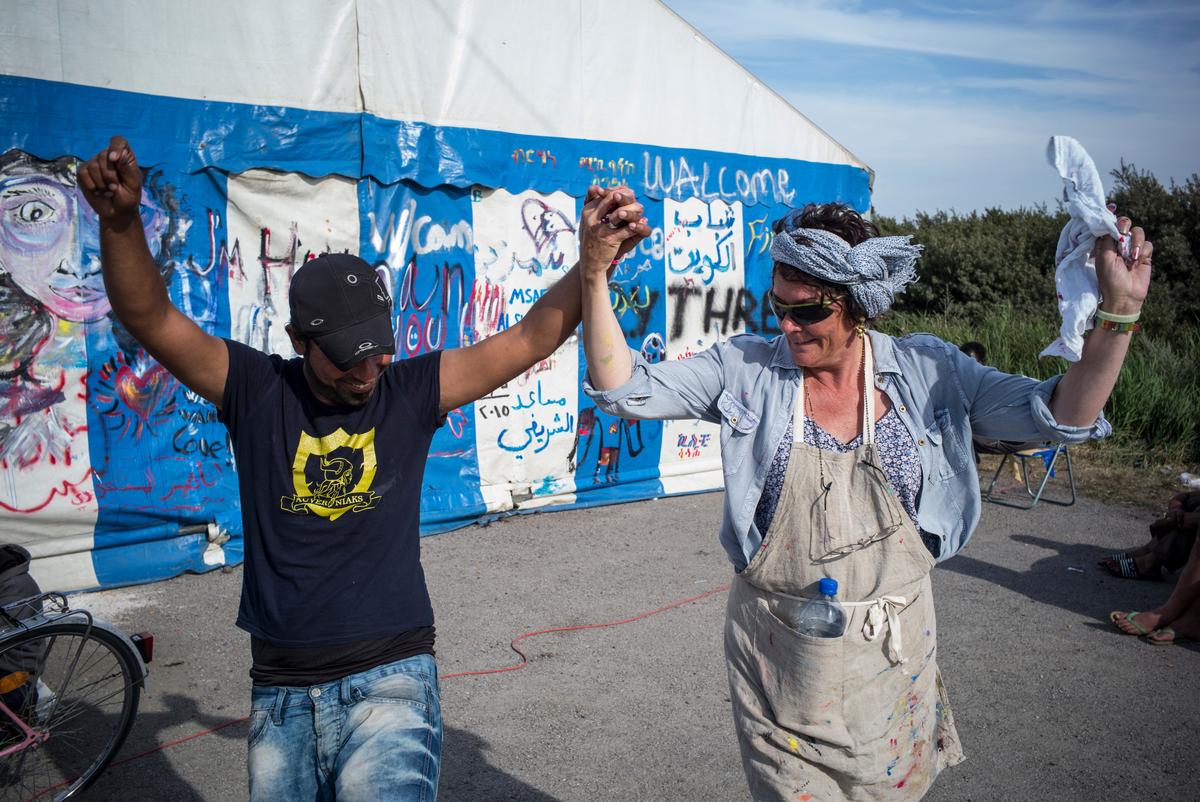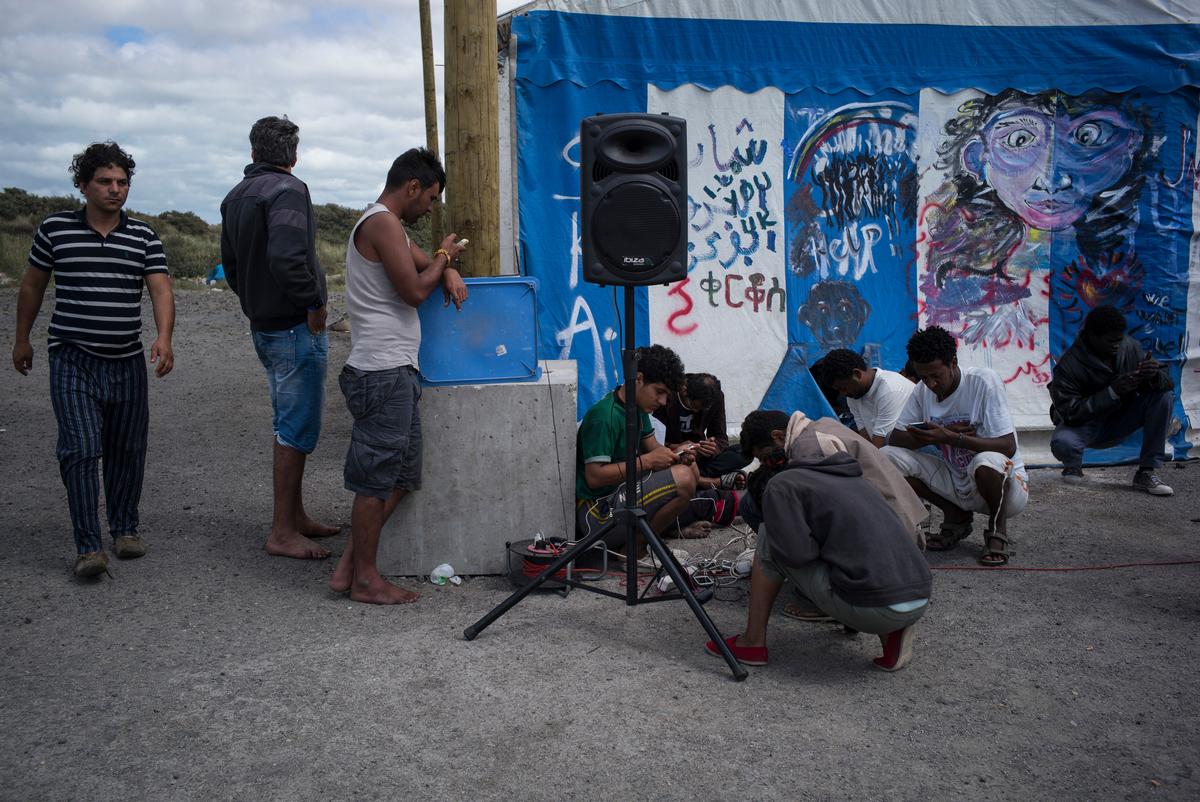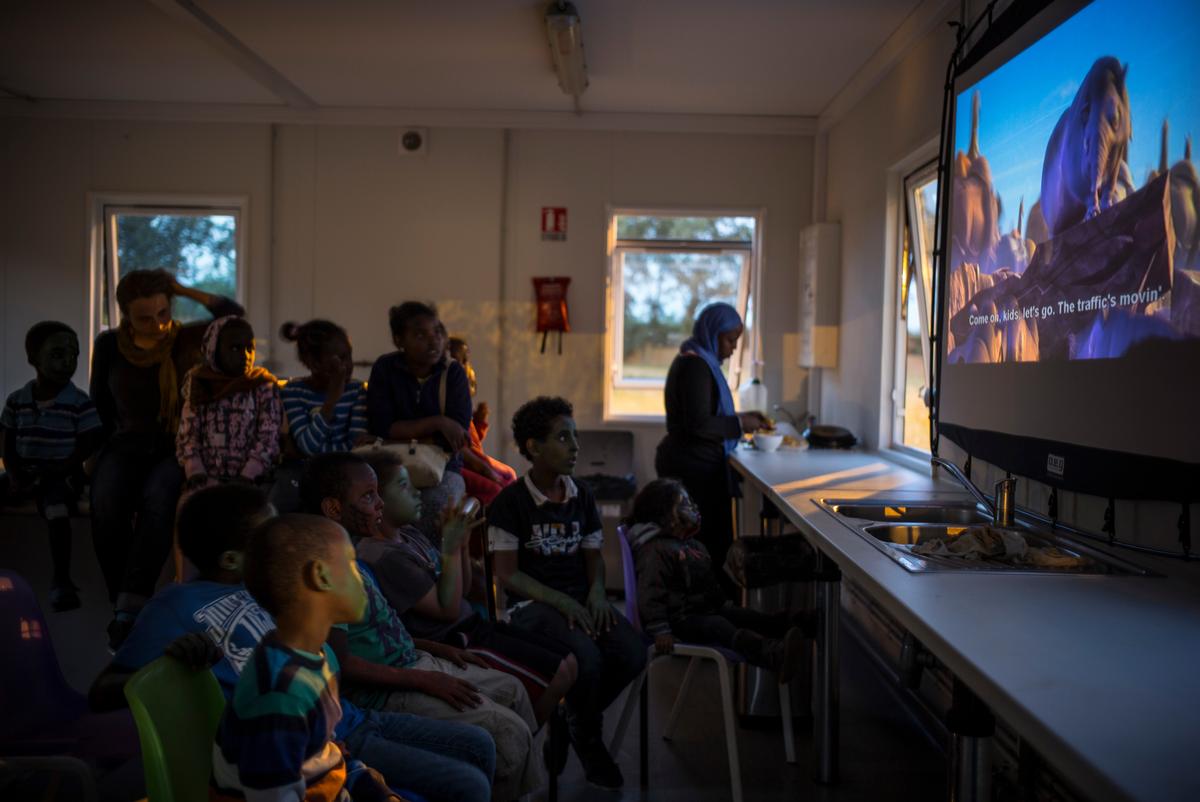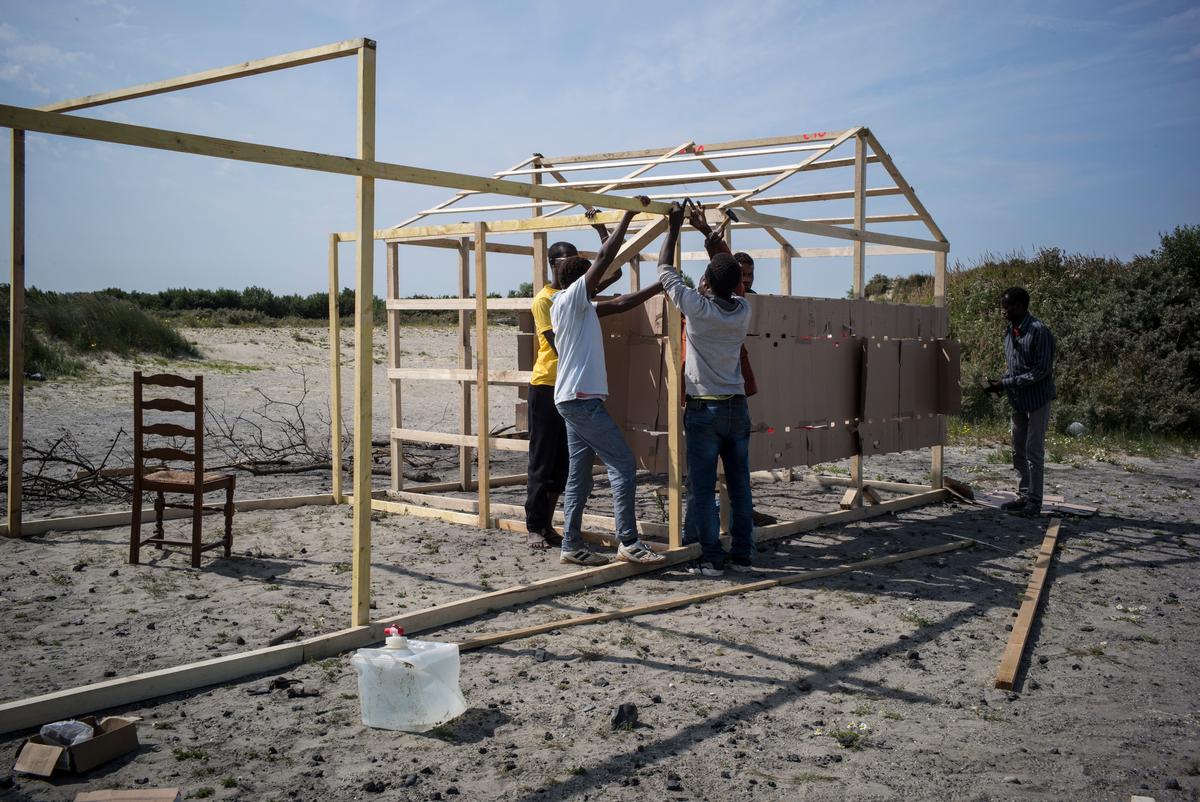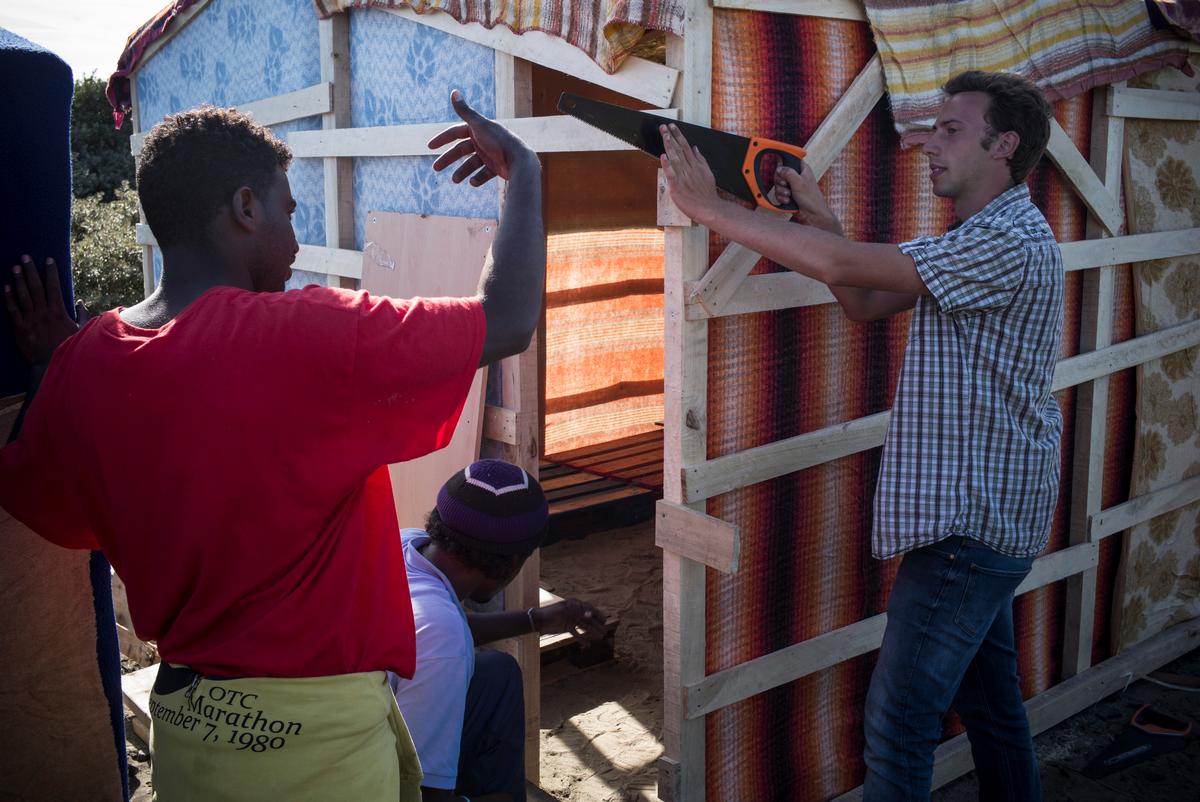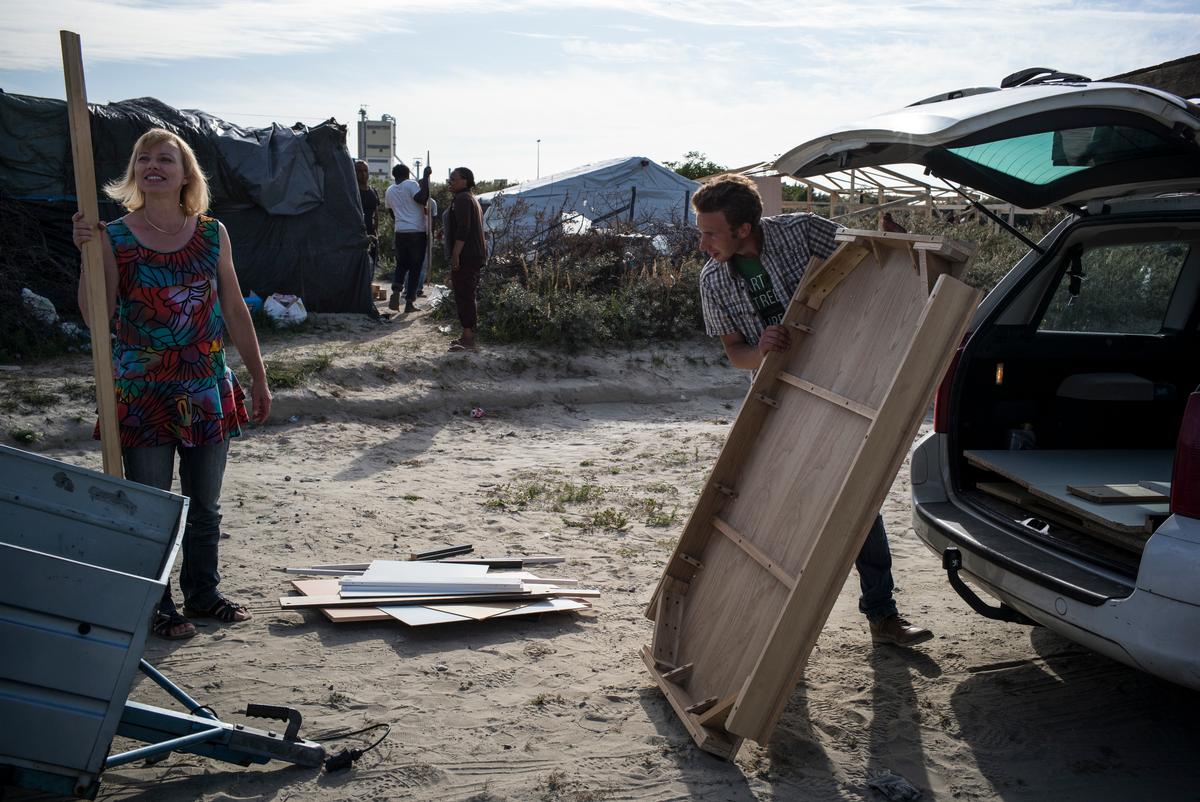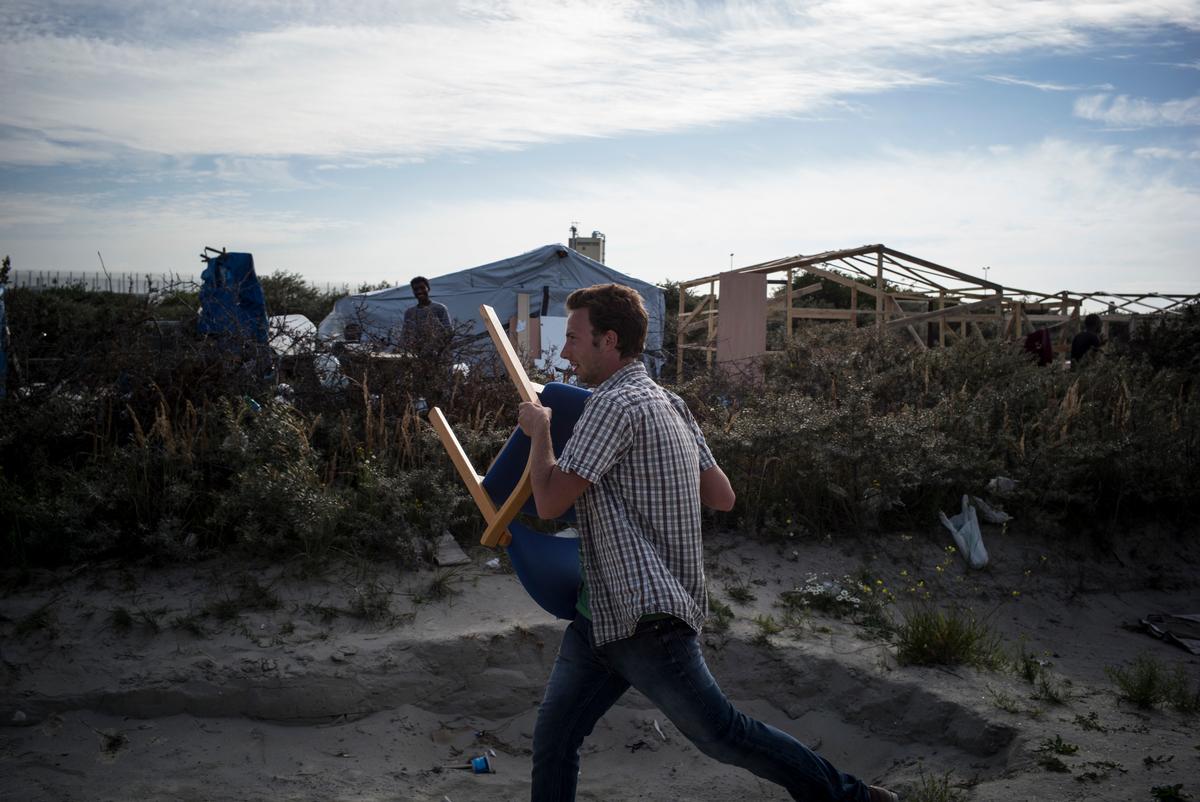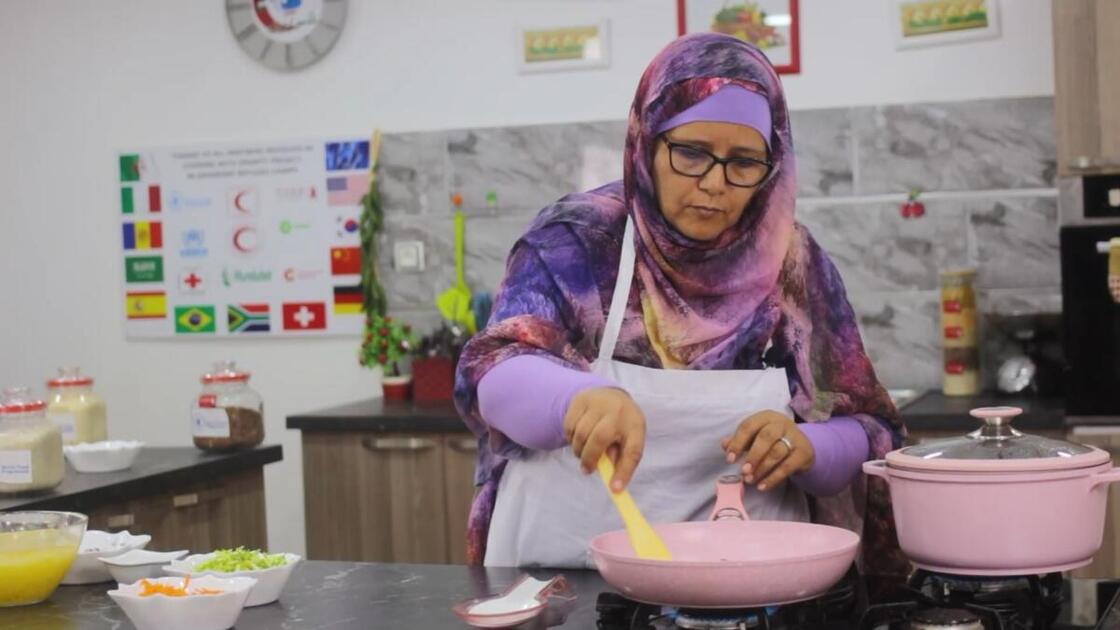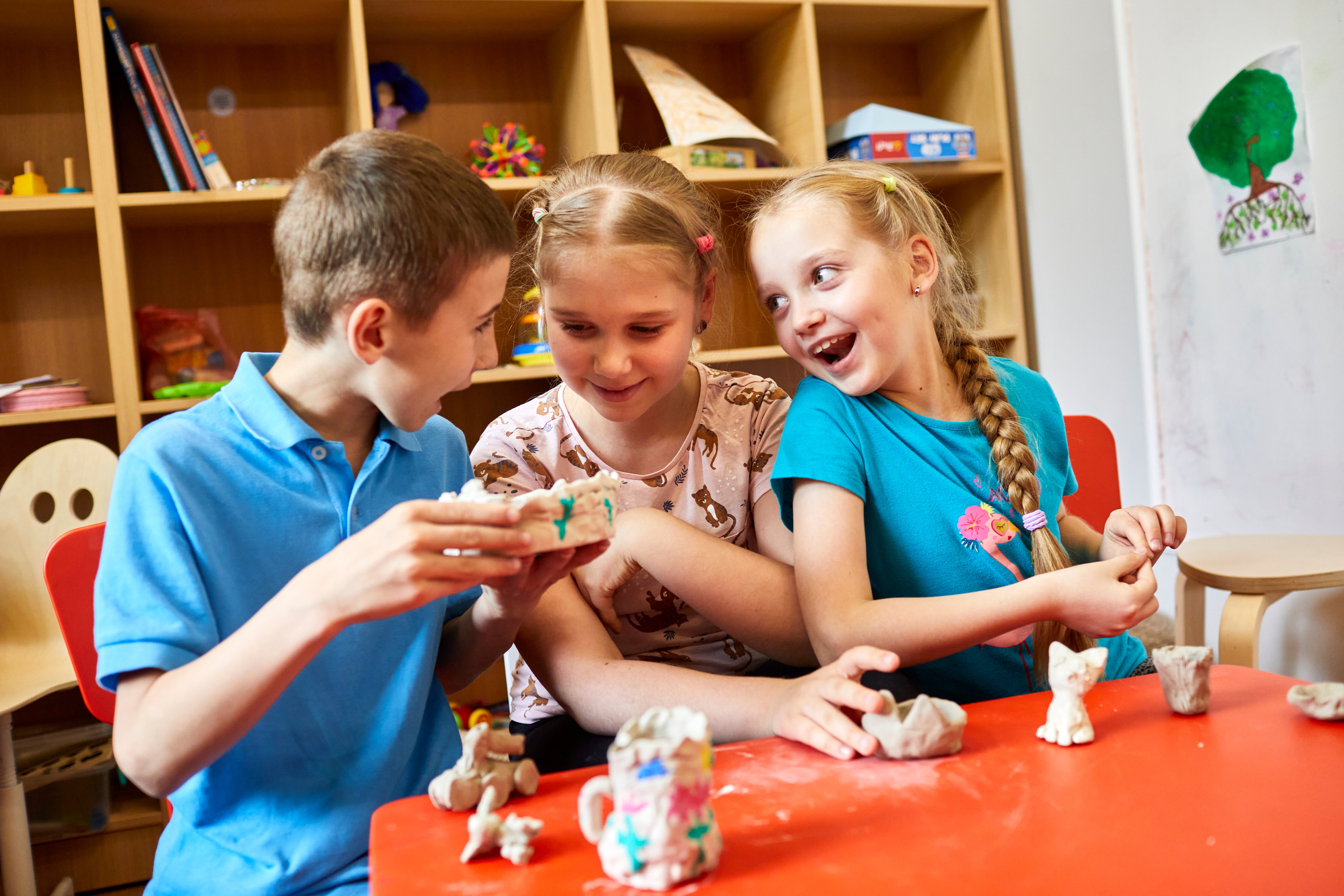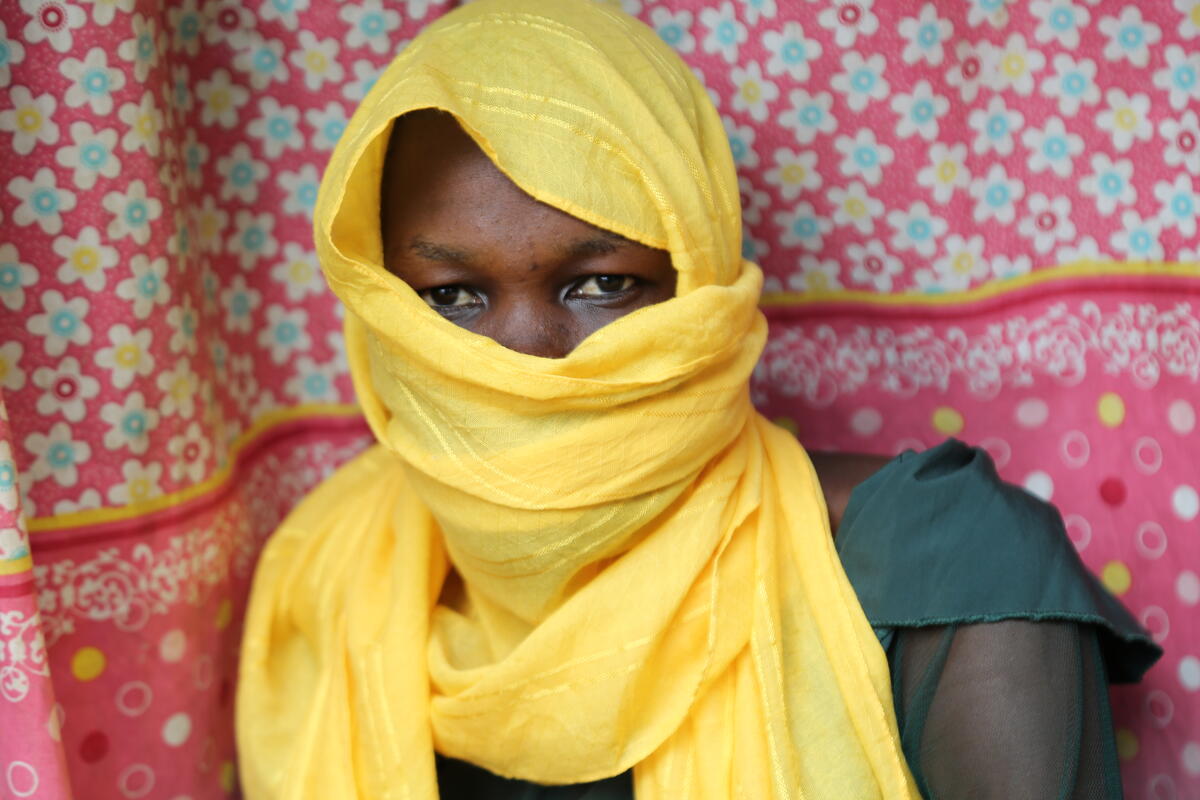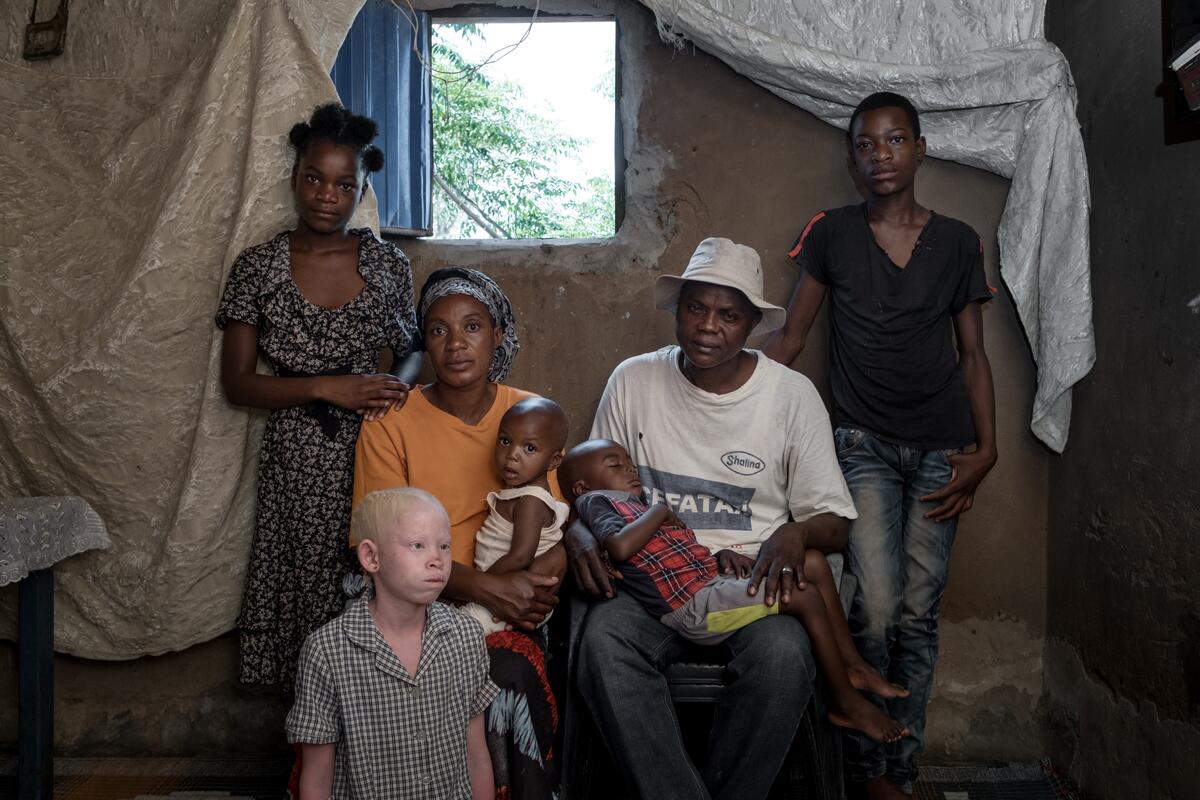Sowing hope in Calais

Sowing hope in Calais
On an improvised dance floor in the so-called "Jungle" of Calais, France – where some 3,000 refugees and migrants have come in hopes of crossing to the United Kingdom – dozens of Syrians are moving to music that reminds them of their war-torn homeland. Dancing among them is an unlikely companion, a French pensioner with a big smile and a keen sense of rhythm.
Dominique Mégard, a 66-year-old from north-eastern France, is a former computer scientist who refuses to slip quietly into retirement. In recent months, he has made his mark in the Jungle as a kind of cultural ambassador, impresario and Internet service provider rolled into one.
"At first, I did not want to… and now I can't stop coming," he tells me. "Once you have seen the problems here, you can't do otherwise. Being a humanitarian is being human first of all."
Today, like most days, Dominique has come to the Jungle with a pair of electrical generators so that Syrians, Afghans and others can charge their phones and get in touch with their families though messaging apps like Viber, WhatsApp and Facebook. He has also brought loudspeakers so they can hook up their phones and play music from home. And tonight he will project a movie, "Ice Age," for refugee and migrant children staying in the Jungle, where he is known affectionately as "Dom-Dom" or "Mr. Generator".
"Once you have seen the problems here, you can't do otherwise. Being a humanitarian is being human first of all."
Dominique is not the only French volunteer helping out here. His wife, Nadine, or "Nana", is an artist who brings paint and brushes to teach refugees how to express themselves on canvas. And then there's Julien Bélart, a 20-year-old architecture student who brings wood and works with the residents to build shelters in the settlement.
These volunteers welcome the refugees and migrants by helping improve their daily life. They also distribute food and clothes. While many of the refugees and migrants try to reach the UK, some are also asking for asylum in France. Some 1,000 asylum applications have been filed in Calais so far in 2015. The people living in the Jungle say their main objective is to find protection and safety.
An estimated 3,000 refugees and migrants are living in the Jungle, the majority from Syria, Afghanistan, Sudan and Eritrea. Dominique has been visiting them since last year.
"In 2014, there was a hunger strike on the Quai de la Moselle," he explains, referring to an area in Calais where refugees and migrants were staying. Nadine, his wife, started taking them water, but felt compelled to do more. "We went on vacation to visit our son in the South of France," Dominique says, "and when we came back my wife asked me to come." He resisted at first, but now he can't stay away.
Dominique and Nadine, 60, cover some of their costs with their own savings and income, as well as contributions from friends. They have also raised more than €3,000 through Ulule, an online crowdfunding platform, enabling them to buy a second generator, a second router, a subscription for an Internet provider and fuel for the generators.
“Yousef taught us how to dance and encouraged us to bring music to the Jungle.”
The couple also host refugees and migrants in their apartment in Calais, especially during the winter.
"One day, a nurse who works in the Jungle called me after a fight," Dominique remembers. She told me that one of the refugees needed to rest. We took Yousef with us for 15 days. He did not speak English, so I played music. Yousef taught us how to dance and encouraged us to bring music to the jungle. At first I felt a little silly with my small speakers, so I got an amplifier."
During the winter, he and Nadine sometimes host three to five people at a time in their home. "We have one room with one bed and we have a big mattress and another mattress we use when we go on vacation in the living room."
In total, the couple estimate they spend €400 a month for the fuel, the Wi-Fi subscription and other assistance they bring to the refugees and migrants. They also drive people to the hospital when they are sick or injured after attempts to cross the Channel to reach England.

Dominique and Nana have learnt a lot with the refugees and the migrants. "Every day I discover new things", he says. "We cook together. When we host Afghans, they cook their rice. It is now a common practice. When Afghans come to our home, they cook. It's delicious."
But, he admits, it is not always easy.
"I also discover things that shock me and make me cry, like the little children I see here. I met an Eritrean boy who survived in a shipwreck on the Mediterranean Sea. There were just 150 survivors, and more than 500 died. He started drinking. We took him with us at home. We found him a host family but he wanted to go to England. It was heartbreaking."
"I also discover things that shock me and make me cry, like the little children I see here."
Just a few hundred meters from Dominique's generator, young Julien unloads wooden pallets from his car. He studies architecture at university in Paris, but comes here every day during his summer holiday to help refugees and migrants build shelters.
"My parents always had biscuits in the car for when we encountered refugees on the road," says Julien, who grew up in Calais. "I have always been interested in the cause of refugees. They are refugees because they did not chose to come here."
Julien drives a hard bargain with local companies and buys wooden pallets at discounted prices and brings them to the Jungle. Drawing on his knowledge of architecture, he also gives advice to the refugees and migrants on how to build shelters in a coastal area where the wind can be quite strong.
Since March of this year, Julien estimates that he has helped build 20 to 25 shelters – first coming every few weekends and now every day during his summer break. To pay for supplies, he has spent €900 from his university stipend.
"This is the money that I have received from the State for my studies," he explains. "And because I consider that the State is not giving enough to the refugees, I reverse to them the money I get from the State."
Julien says he is learning a lot from the refugees, and has even started learning Arabic. He also teaches them French and they share meals. He was in the settlement for the end of Ramadan and stayed up to 2 a.m., when suddenly a refugee came back injured from the Tunnel. Julien called an ambulance and stayed with him until it arrived.
"My parents always had biscuits in the car for when we encountered refugees on the road."
"One sleeps better, but sometimes we also sleep worse when there are problems we cannot solve," Julien explains. "I'll keep going back and forth when the term begins in September."
Supplying shelter requires different skills than providing art and music and Wi-Fi, but Julien, Nadine and Dominique share a similar outlook.
"The majority of the people who are here are people who fled war," Dominique says. "They are not economic migrants. The solution is to solve the problems in the countries where they come from. All of them have only one dream, which is to live in their country."


